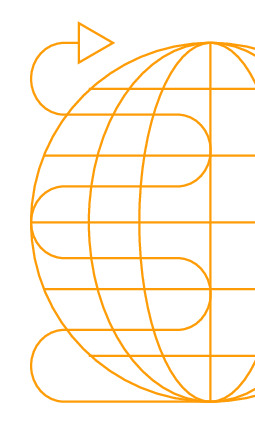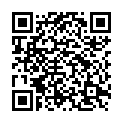|
|
|
| Module code: BITM-580 |
|
|
4SU (4 hours per week) |
|
5 |
| Semester: 5 |
| Mandatory course: yes |
Language of instruction:
German/English/French/Spanish |
Assessment:
Project (can be repeated anually)
[updated 21.03.2018]
|
DFBTO504 (P620-0551) International Tourism Management, Bachelor, ASPO 01.10.2018
, semester 5, mandatory course
DFITM-505 (P620-0541) International Tourism Management, Bachelor, ASPO 01.10.2020
, semester 5, mandatory course
BITM-580 (P440-0095) International Tourism-Management, Bachelor, ASPO 01.10.2013
, semester 5, mandatory course
BITM-580 (P440-0095) International Tourism-Management, Bachelor, ASPO 01.10.2015
, semester 5, mandatory course
BITM-580 (P440-0095) International Tourism-Management, Bachelor, ASPO 01.10.2017
, semester 5, mandatory course
Suitable for exchange students (learning agreement)
|
60 class hours (= 45 clock hours) over a 15-week period.
The total student study time is 150 hours (equivalent to 5 ECTS credits).
There are therefore 105 hours available for class preparation and follow-up work and exam preparation.
|
Recommended prerequisites (modules):
None.
|
Recommended as prerequisite for:
|
Module coordinator:
Prof. Dr. Achim Schröder |
Lecturer: Prof. Dr. Achim Schröder
[updated 05.09.2011]
|
Learning outcomes:
After successfully completing this module students will:
- be able to explain the importance of spatial differences in nature, economy and culture as the driving force of tourism and take them into account within the framework of management strategies,
- be able to identify spatial infrastructure and location factors, as well as to critically analyze their potential for tourism evaluation,
- be able to illustrate the (regional-) economic effects of tourism and its importance for regional economic development and relate them to ecological and socio-cultural effects,
- be able to apply their knowledge and basic methods of physical geography, as well as economic, cultural and tourism geography to their own projects, to document their results and present them to the group (and, if necessary, to external parties).
[updated 17.09.2018]
|
Module content:
Geographical issues
Space and tourism
Principles of physical geography:
- Processes and structures of the Earth´s crust
- Atmospheric events
- Vegetation and climate zones
- Landcscapes
Principles of human geography:
- Urban geography
- Cultural geography
Methods in geography
[updated 21.03.2018]
|
Teaching methods/Media:
- Seminaristic lecture
- Case studies
- Discussions with students
[updated 17.09.2018]
|
Recommended or required reading:
- Becker, Chr.; Hopfinger, H.; Steinecke, A. (Hrsg.): Geographie der Freizeit und des Tourismus. Bilanz und Ausblick, 3. Auflage, Oldenbourg, München, Wien, 2007.
- Benckendorff, P. Lund-Durlacher, D. (Eds.) International Cases In Sustainable Travel & Tourism. Goodfellow Publishers: Oxford, latest edition.
- Boniface; Cooper: Worldwide Destinations: The Geography of Travel and Tourism, latest edition.
- Boniface; Cooper: Worldwide Destinations Casebook: The Geography of Travel and Tourism, latest edition.
- Hall, C. M.; Page, S.: The Geography of Tourism and Recreation. Environment, Place and Space, Routledge, London, latest edition.
- Institut für Länderkunde (Hrsg.) Nationalatlas Bundesrepublik Deutschland. Verschiedene Bände, Spektrum Akademischer Verlag, Heidelberg, Berlin, versch. Jahrgänge
- Kagermeier, A.: Tourismusgeographie. UVK Lucius, Konstanz, latest edition.
- Page, Connell: Tourism. A Modern Synthesis, latest edition.
- Schmude, J.: Tourismusgeographie, WBG, Darmstadt, latest edition.
- Steinecke, A.: Internationaler Tourismus, UVK Lucius, latest edition.
- Steinecke, A.: Tourismus. (Das Geographische Seminar) Braunschweig, latest edition.
- Strahler A. H.; Strahler, A. N.: Physische Geographie, Verlag Eugen Ulmer, UTB, latest edition.
[updated 17.09.2018]
|


